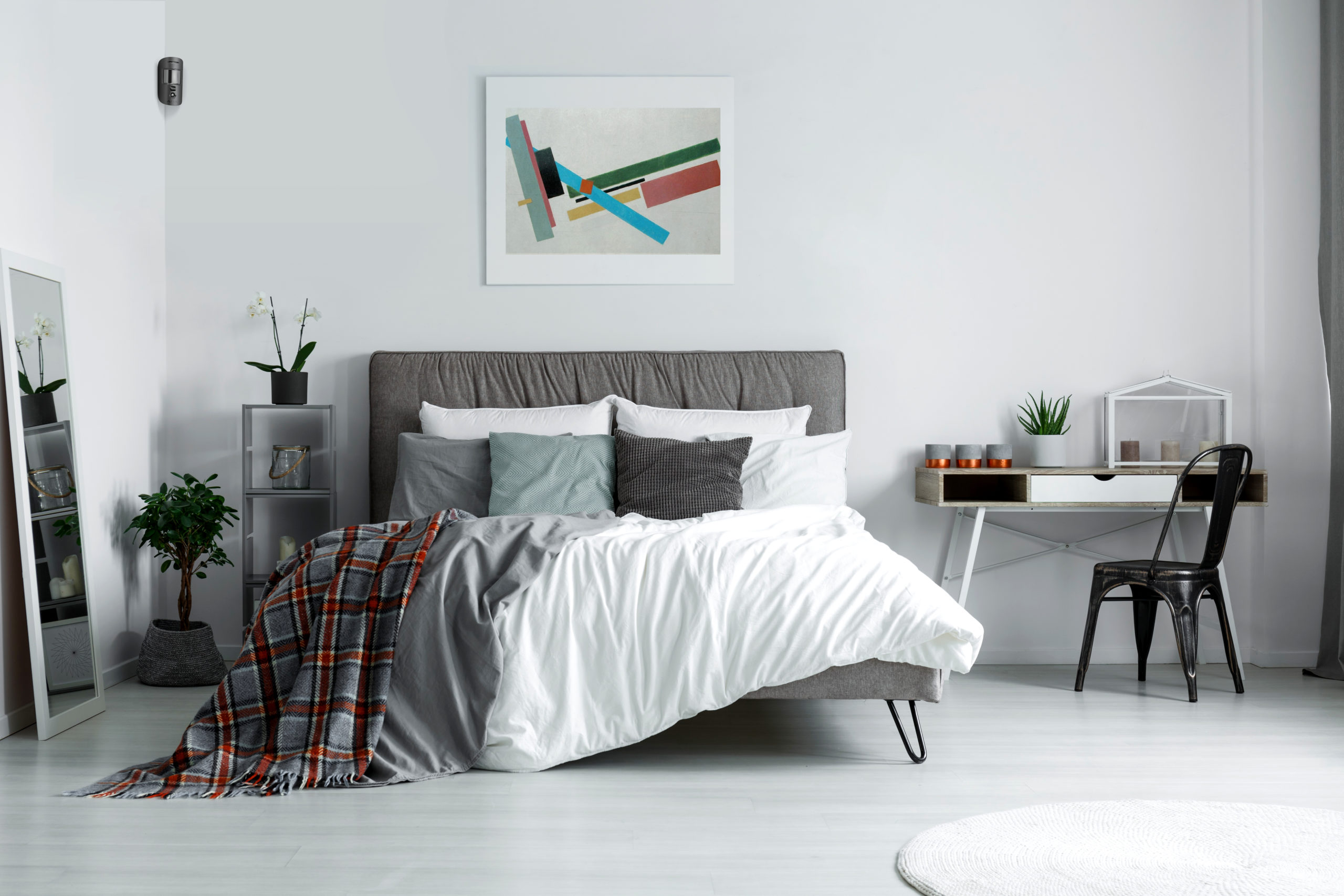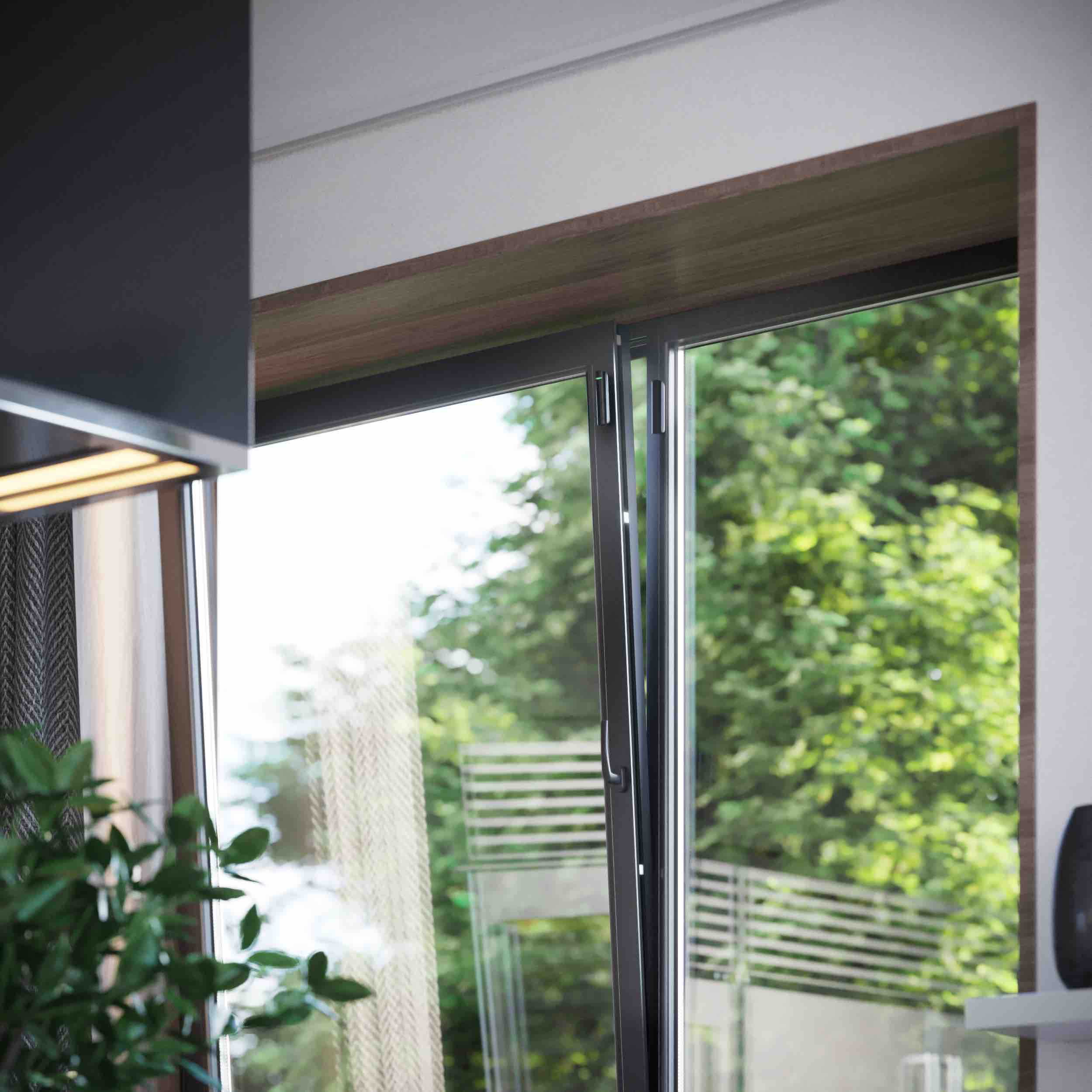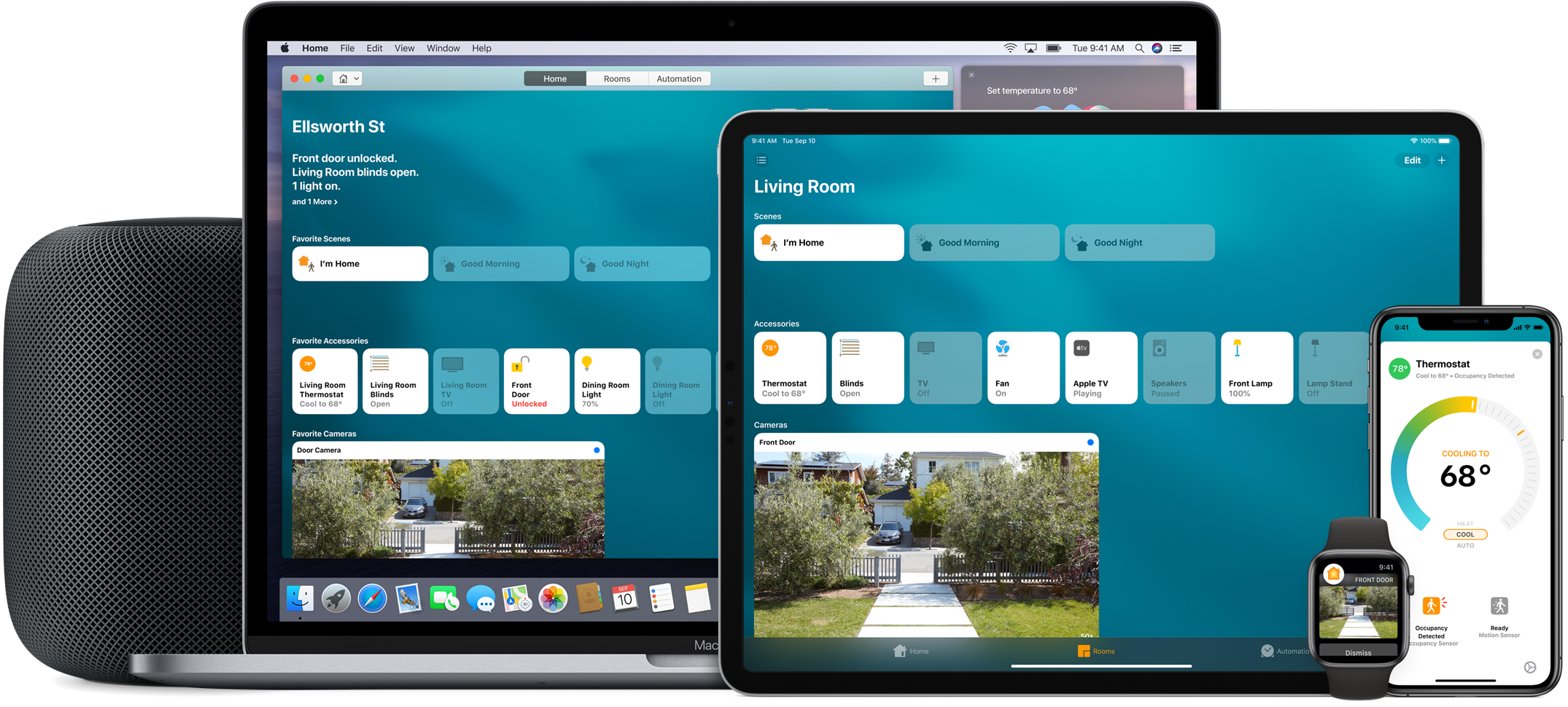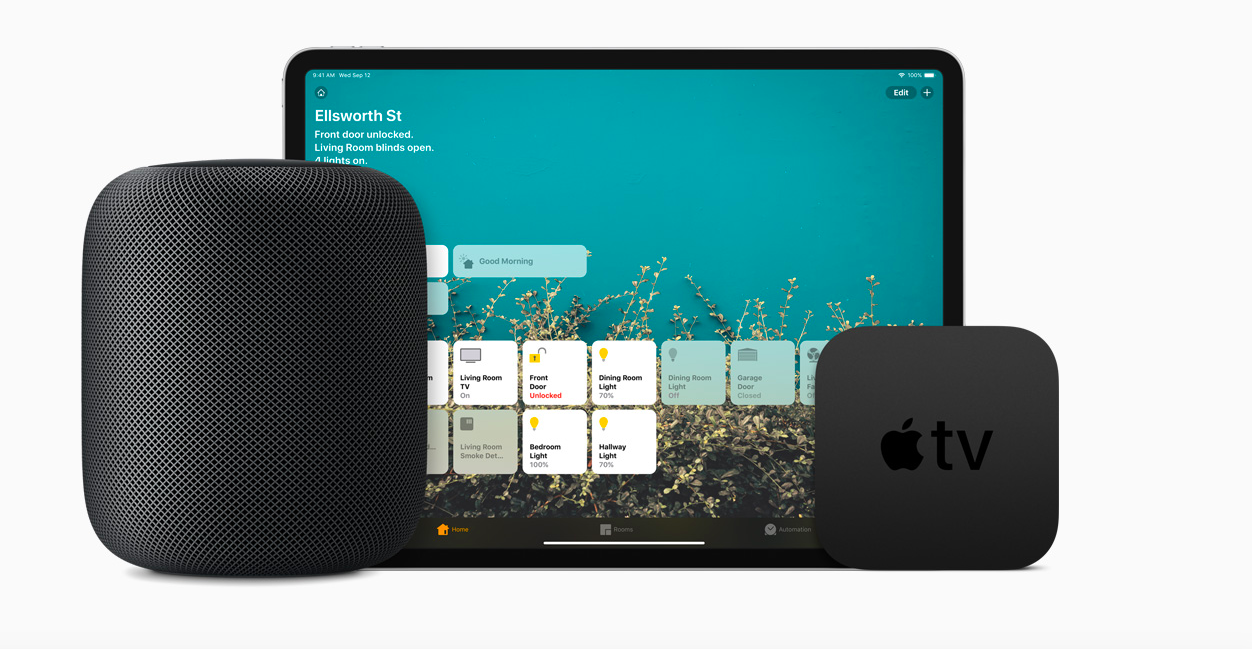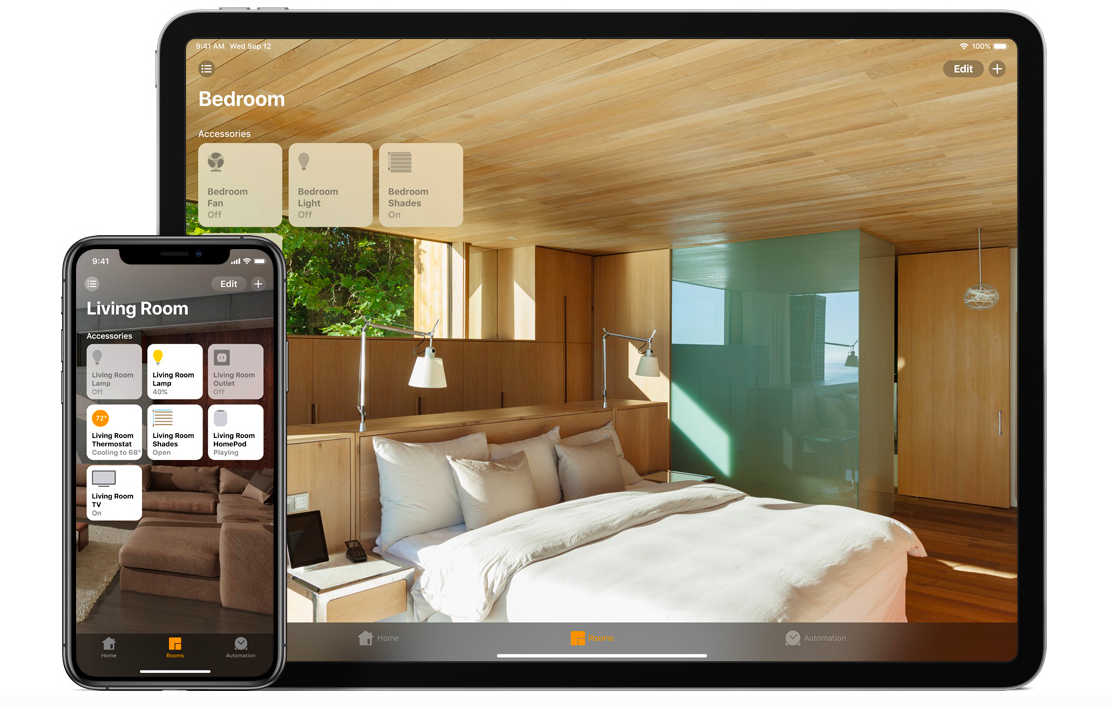HomeKit is Apple's platform that allows users to control smart home devices from their iPhones, iPads, Apple Watch, Mac computers and even Apple TV. The company introduced it already in 2014 with a handful of contracted manufacturers. Specifically, there were only 15 of them at the time. Even though they have grown considerably, the situation is still not what it could be.
Air conditioners, air purifiers, cameras, doorbells, lights, locks, various sensors, but also garage doors, water taps, sprinklers or the windows themselves are already somehow implemented into HomeKit. After all, Apple publishes a complete list of products and their manufacturers on their support pages. Just click on the given section and you can immediately see which manufacturers produce the given segment of products.
It could be interest you

It's about money
The company had previously planned to allow device makers to run their own solutions in homes, but Apple later reversed course and began requiring them to integrate Apple-certified chips and firmware into their products. That is, if they want to be compatible with the HomeKit system. It is a logical step, because in this respect Apple already had experience with the MFi program. So if a company wants to enter the Apple ecosystem, it has to pay for it.
Licensing is of course expensive for small companies, so rather than going through it, they'll build a product but not make it HomeKit compatible. Instead, they will create their own application that will control their smart products independently of any Apple household. Sure, it will save money, but the user will lose out in the end.
It could be interest you
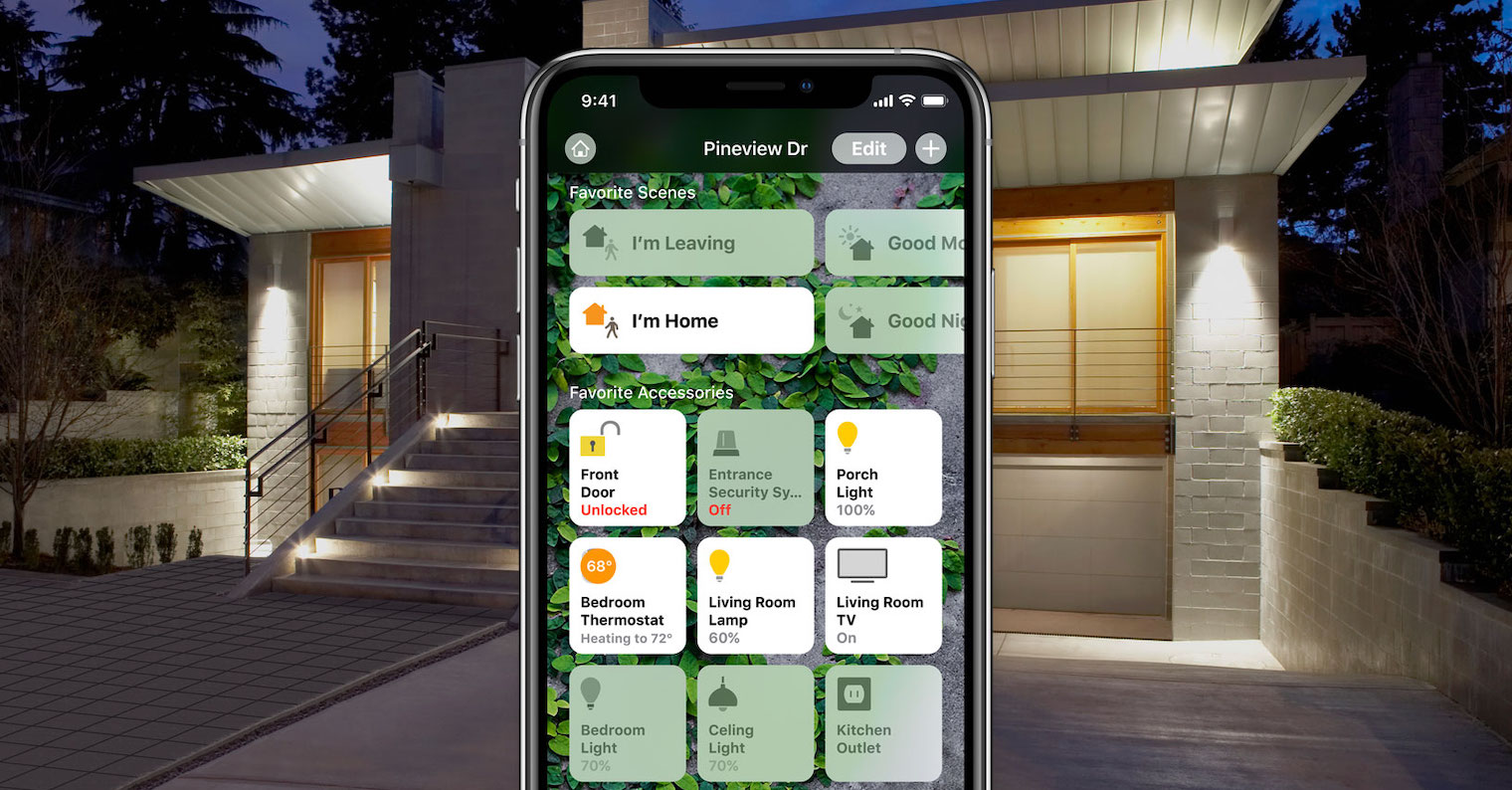
No matter how good a third-party manufacturer's application is, its problem will be that it only integrates products from that manufacturer. In contrast, HomeKit can contain a number of products, each from a different manufacturer. So you can perform various automations between them. Of course, you can also do this in the manufacturer's application, but only with its products.
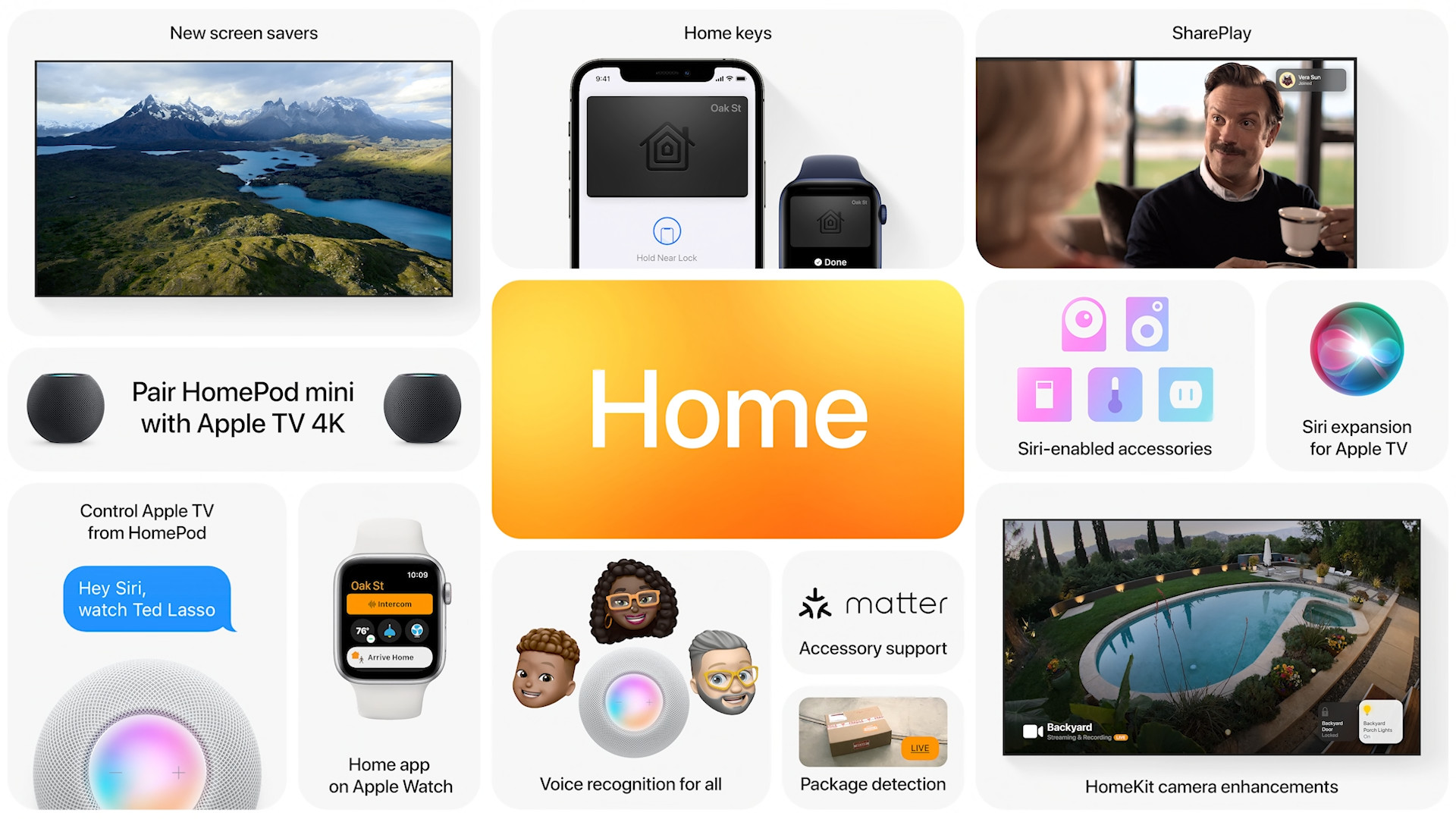
Two possible paths
As this year's CES has already shown, the year 2022 should emphasize the development of the smart home. In July 1982, industry pioneer Alan Kay said, "People who are really serious about software should make their own hardware." In January 2007, Steve Jobs used this quote to define his vision for Apple and especially his iPhone. Over the past decade, Tim Cook has reiterated his belief that Apple is best at making hardware, software, and now services. So why doesn't Apple already apply this philosophy to everything it does? Of course, this also applies to the household's own products.
It could be interest you
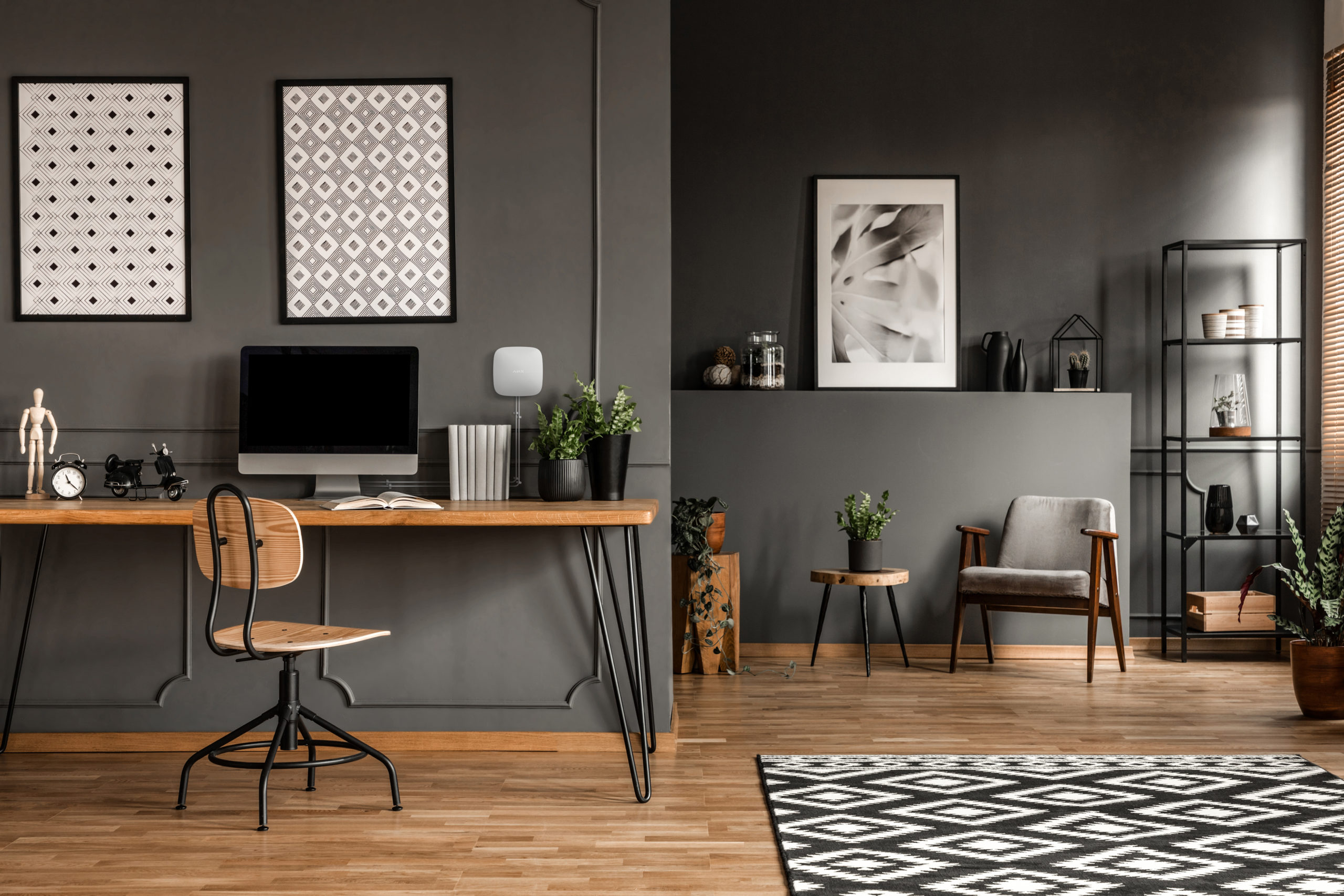
But if he actually started making them, it might mean even more restrictions on third-party manufacturers. Then when it comes to variety, surely it would be ideal to have more options from more manufacturers. Of course, we don't know exactly what the future holds, but it would take a really broad expansion of this platform as everyone envisioned it in 2014. Either through a truly diverse range of Apple's own products, or by freeing up third-party manufacturers.
 Adam Kos
Adam Kos 